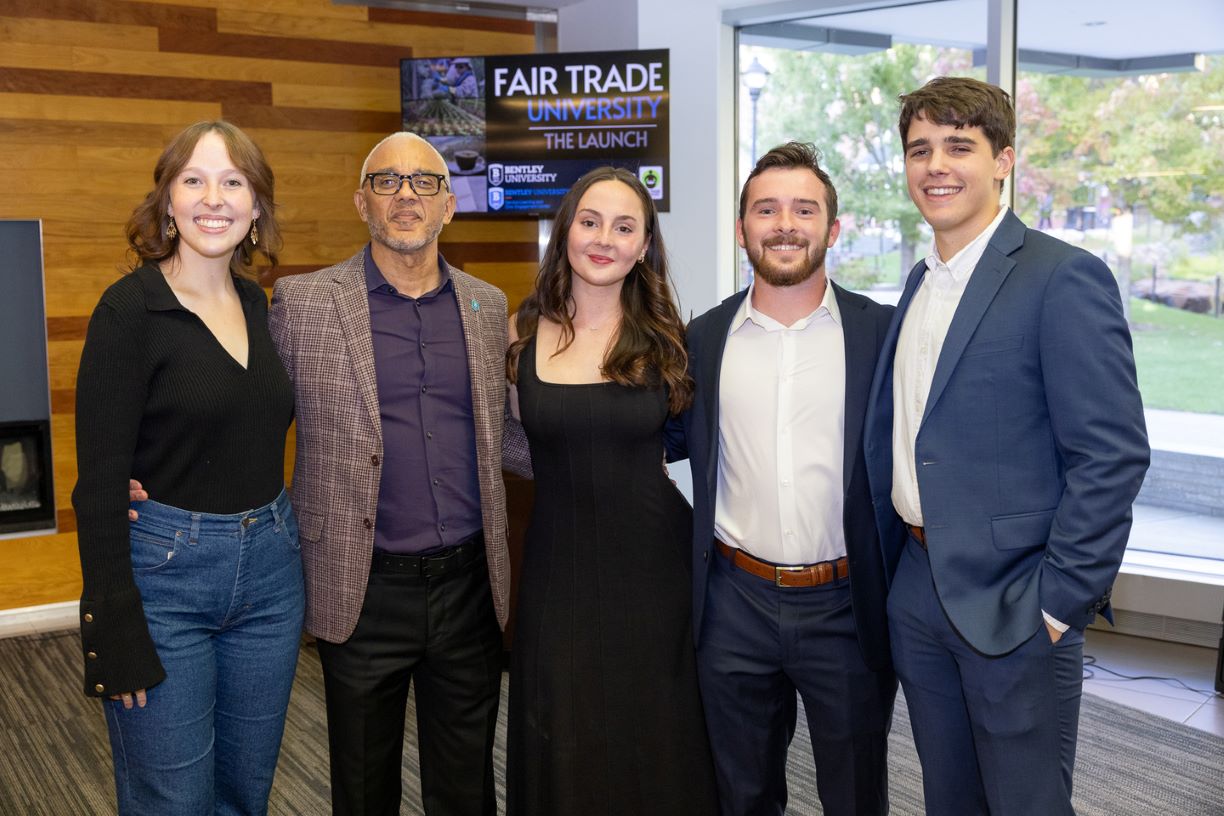Jobs
Gen Z are burnt out and ready to quit their jobs

A new survey has found that Generation Z frontline workers are increasingly burnt out, with 83 percent reporting feeling overwhelmed at work, according to data shared by UKG.
In fact, over a third (36 percent) of Gen Z—those born between 1997 and 2012—frontline workers are considering quitting their jobs because of the toll on their mental and physical health.
UKG surveyed nearly 13,000 frontline workers worldwide in sectors like retail, health care and hospitality. Since these types of frontline work require physical presence and rigid schedules, more than half of Gen Z workers (58 percent) say they would prefer additional vacation time over a pay raise as they strive for a better work-life balance.
Julia Hobsbawm, workplace expert and author of Working Assumptions told Newsweek: “Gen Z grew up and into the workplace during and post-COVID, which created unique challenges for them in terms of social skills, confidence, and mindset. Gen Z workers tend to prioritize ‘purpose,’ which can be difficult in corporations whose only true purpose is to make profits, not to improve the world and society.”
Burnout is pervasive across the workforce, regardless of age, with 75 percent of frontline workers from all generations feeling overworked and undervalued. However, for Gen Z, things stand out as significantly worse.
Hobsbawm explained that this disillusionment could be, in part, due to higher education institutions’ lack of support during the COVID-19 pandemic.
“Many Gen Z workers are disheartened, in part because their colleges and universities did little to nothing for their emotional, spiritual, or mental health during COVID,” she said.
This cohort of young employees also places significant value on flexibility, something that many frontline roles fail to provide. According to UKG’s survey, one in three Gen Z frontline workers would even forgo a promotion in exchange for an extra week of paid time off.
“Gen Z don’t want to work like ‘we’ did—’we’ meaning Gen X or older,” Hobsbawm said. “They don’t have a lived experience of a job which is supposed to stick, and they tend to prefer the choice of stop–start work. The phenomenon of the graduate barista isn’t entirely due to work shortages anywhere else. It’s becoming a lifestyle triggered by COVID.”
Gen Z is feeling the pressure, especially with current economic trends. A separate survey from the American Staffing Association earlier this year found that 37 percent of Gen Z employees worry about losing their jobs, more than any other generation. On top of that, many are also dealing with high levels of personal debt, burdened with student loans and rising living costs.
Lack of flexibility was also a key issue for Gen Z. UKG’s survey found that more than a quarter of workers (27 percent) said they would resign due to a lack of workplace flexibility, with 41 percent saying they wanted to see practices such as shift-trading while 54 percent wanted to see a push for flexible hours or self-scheduling.
Denise Rousseau, professor of organizational behavior at Carnegie Mellon University, told Newsweek that the solution is for businesses to work better with younger employees. “Remedies for burnout may be different for younger and older workers because the sources of and responses to stress differ,” she said. “Gen Z is the COVID generation, making them less familiar with in-office, continuous hours of work.”
What other generations experienced as the norm is new to Gen Z, many of whom lived their formative years during COVID-19 lockdowns.
“Research suggests that both part-time work, and hybrid work may be burnout reducing. I would suggest asking the employee what conditions would create a more positive job experience,” Rousseau said.
yacobchuk/Getty Images










